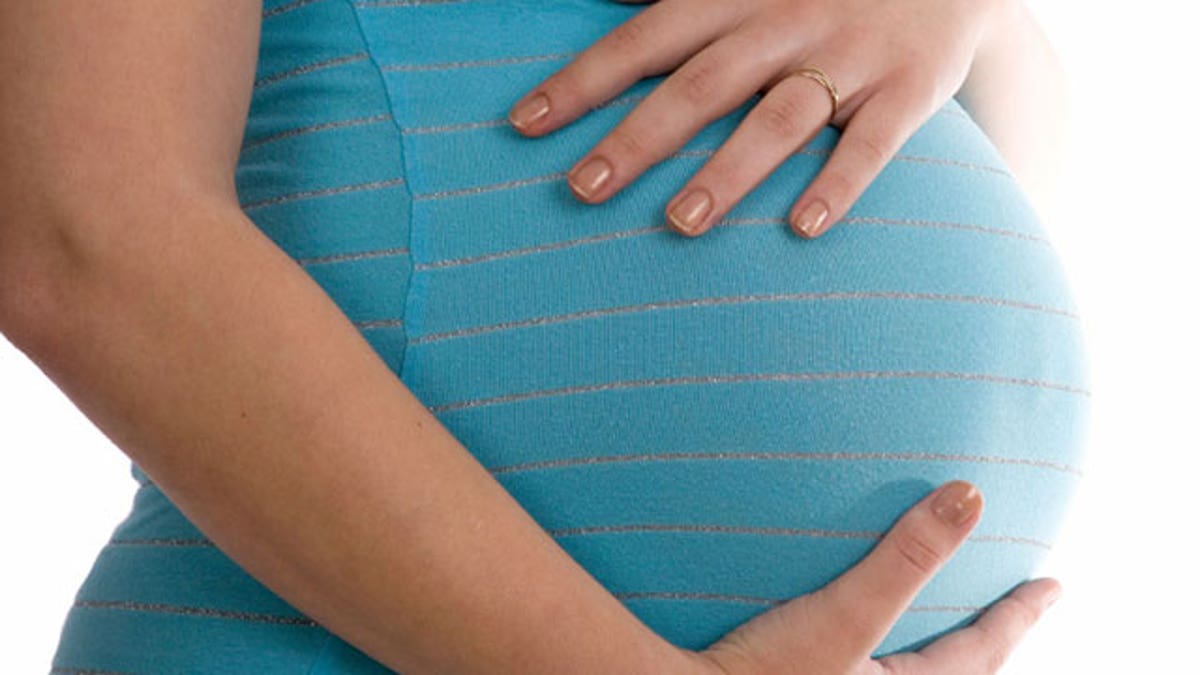
Women who have large waistlines before pregnancy may be more likely to have a larger-than-normal newborn than women who are trim around the middle, a new study suggests.
The findings, reported in the obstetrics journal BJOG, are in line with what experts know: Women who are obese before pregnancy are more likely to have a baby with an abnormally high birthweight, known as macrosomia.
Depending on how macrosomia is defined, it affects anywhere from one percent to 10 percent of all pregnancies.
By one definition, babies born weighing more than eight pounds, 13 ounces are macrosomic. Another definition puts the threshold higher: nine pounds, 15 ounces.
In the new study, UK researchers found that women with the biggest pre-pregnancy waistlines were more likely to have a macrosomic newborn, whatever the definition.
Those odds were highest among women who fell in the top 25 percent for pre-pregnancy waist-hip ratio. They were 57 percent more likely to have a baby weighing more than four kilos, versus women in the bottom 25 percent for waist size.
And they were 2.6 times as likely to have a newborn weighing more than 4.5 kilograms. That was with the mother's pre-pregnancy body mass index (BMI), a measure of weight in relation to height, taken into account.
"We know that total body fat is associated with pregnancy outcome," senior researcher Dr. Gordon C.S. Smith told Reuters Health in an email. "This study suggests that the distribution of the body fat may also be important."
That fits with what's known about "visceral" fat (deep fat within the abdomen) and other types of health problems, noted Smith, who heads obstetrics and gynecology at Cambridge University.
Studies have shown that having a large belly may be more closely connected to the risks of conditions like diabetes and heart disease, versus excess body that is concentrated around the hips and thighs.
Right now, experts use BMI as the basis for weight-gain recommendations to pregnant women. The Institute of Medicine (IOM), an advisory panel to the U.S. government, says that obese women (BMI of 30 or higher) should gain 11 to 20 pounds during pregnancy.
That's less than the 15 to 25 pounds recommended for overweight women (BMI between 25 and 30). Normal weight women (a BMI between 18.5 and 25) are told to gain 25 to 35 pounds.
And those recommendations still stand, Smith said. But if further studies point to the importance of waist size, he added, weight-gain recommendations during pregnancy may need to become "more sophisticated."
One recent study, for instance, found that if a woman starts out at a normal pre-pregnancy weight, gaining more than the IOM recommends while carrying twins seemed to benefit the babies.
In general, experts recommend that women try to attain a healthy weight before becoming pregnant, and they don't advise dieting to lose weight during pregnancy. Instead, the advice is to eat a balanced diet and get regular moderate exercise, like walking.
